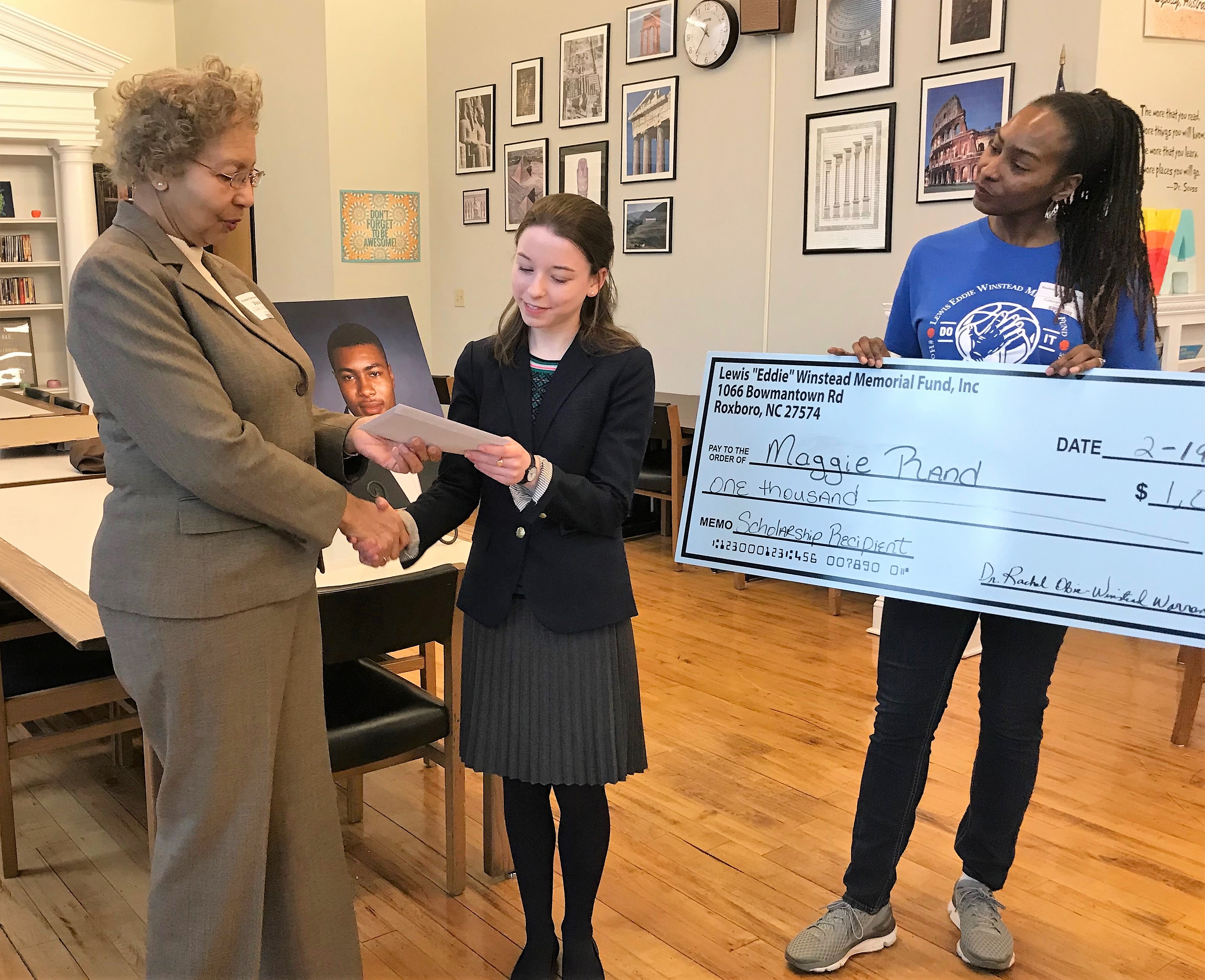Guidance Quick Links

GUIDANCE
OUR MISSION
The mission of the Roxboro Community School Guidance Department is to support the academic, personal/social, and career development of students in a way that empowers and inspires them to become effective, productive citizens and that enables students to pursue rigorous and relevant learning in middle school, high school and beyond.
REMINDERS
Reminder to 12th graders: When submitting your online college applications to Common App or Send Edu, be sure to insert the correct email address of any recommenders that you list.
If you list a recommender’s correct name but insert an incorrect email address, the recommender will not receive the invite to complete your recommendation. This will also cause the recommendation to show as incomplete in the student view.
COLLEGE APPLICATION & PLANNING RESOURCES
Tips for Requesting Letters of Recommendation
At some colleges, letters of recommendation are no longer weighted as heavily in the admission process. While a strong letter of recommendation, by itself, is not enough to help you gain admission to a competitive college, it certainly can enhance your application. Here are a few things to remember about letters of recommendation.
There are three types of recommendations: bad, good, and effective. Your goal is to seek out recommenders who can write effective letters of reference for you. Effective letters do not only address your academic accomplishments and strengths but also give great and specific insight to your character, personality, and work ethic.
Be sure to allow ample time for a recommender to prepare your letter of recommendation but be sure to communicate when it is that you need to receive the letter. Sharing a copy of your resume with the recommender is also helpful. Taking a few minutes to talk with the recommender about you and your college goals can also help the person write an effective letter.
Find out how many letters of recommendation your college will accept and be sure not to send more letters than what the college requests.
College Scorecard
Here is a website where you can easily search for colleges throughout the United States based on selected criteria.
Online College & Universities
This is a directory of colleges by state that offer full-time and part-time online classes and programs of study throughout the country.
Historically Black Colleges & Universities
Here is a listing of the Historically Black Colleges & Universities throughout the United States.
Christian Colleges & Universities
Looking for a Christian college? Take a look at this list
CFNC’s College Application Checklist
Here is a form to help you begin gathering the information needed for your online college application.
Planning to visit a college campus anytime soon? Here are some things to do that will help you get the most out of your visit.
Visit the Admissions Office. While there, be sure to verify admissions requirements and, if possible, meet with an Admissions Counselor to discuss your chances for successful admission.
Go to the Scholarships & Financial Aid Office. Find out about university-based scholarships and financial aid (these are scholarship and financial opportunities that are separate from the FAFSA opportunities). If you can, meet with a Financial Aid officer to discuss your financial situation. If you receive a scholarship, loan, or grant (as a college student), this is the office that will be responsible for distributing the funds to you each semester.
Before you visit, check out the college’s undergraduate student course catalog (usually available online) for information about the degree program(s) that you are interested in. While visiting on campus, go by the office of the program(s) to pick up any available information about degree requirements and also meet with staff or professors.
Nearly every college has a Career Services Office. The purpose of the office is to help students on the campus prepare for and find internship opportunities during college and work opportunities after college. Take a few minutes to drop by the Career Services Office to find out what career planning services will be available to you on the campus.
While on the campus, talk with a few students on the campus about how they like the school. Don’t just ask them what they like, but also ask them about the challenges. This will give you the most complete information.
If possible, request to see the inside of a residence hall to get a good look at living accommodations. This, also, must be arranged in advance of your visit.
Ask to visit/observe an actual class that interests you. You must request permission to do this well in advance of your visit.
Every college has a campus newspaper, while visiting be sure to pick up a copy of the college’s newspaper and take a look at the happenings on campus.
The Student Union is usually the hub of student life on every campus. Be sure to visit this important place and to find out about clubs, student groups, and other social opportunities that will be available to you.
College demands strong study skills. Most colleges have a tutoring center or academic support office on the campus that provide help to students who have academic difficulty in a certain course or who just want to improve study skills. Be sure to visit this office to find out what academic support will be available to you should you need it.
